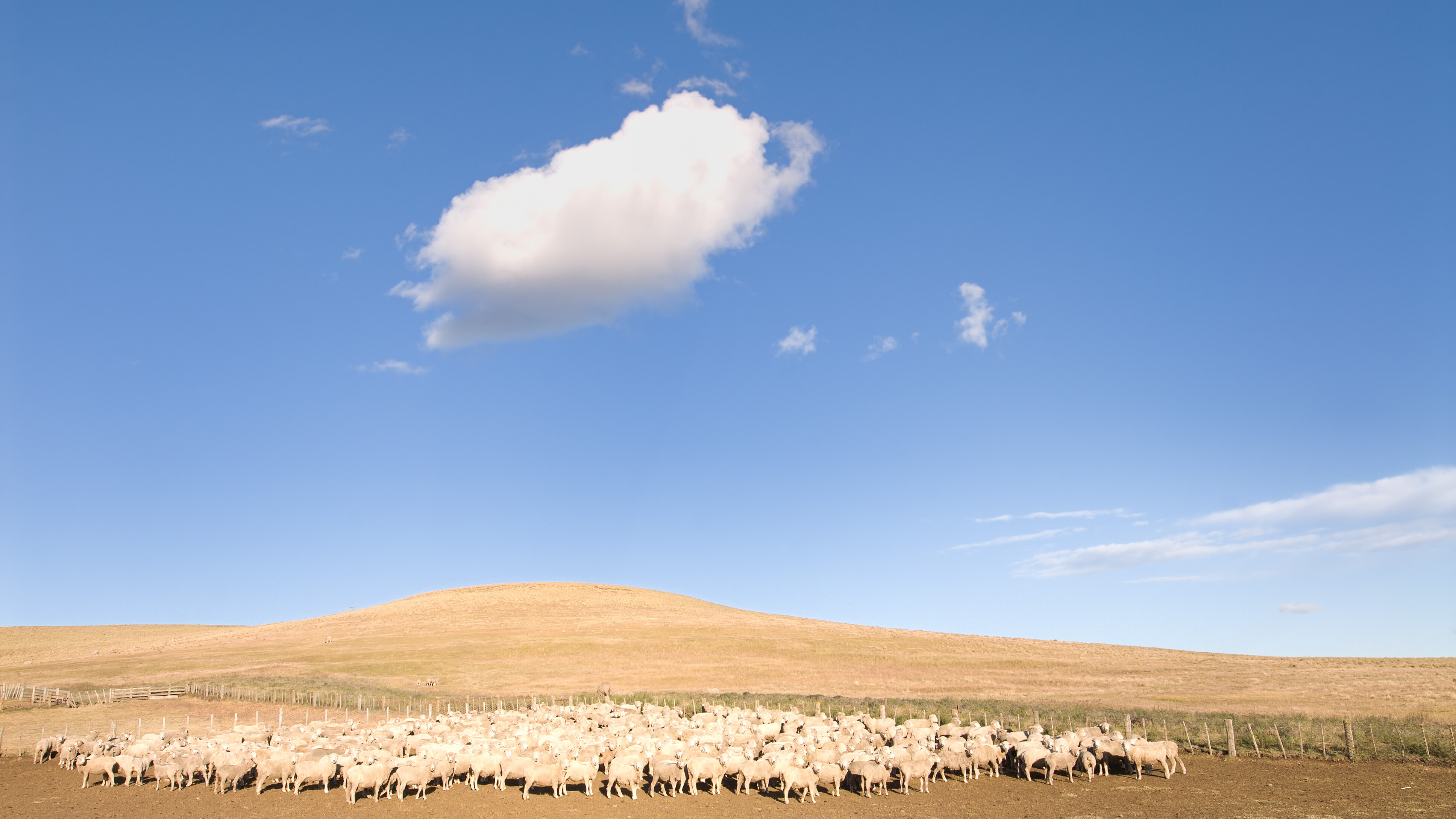Argentine Recession Clouds Macri's Electoral Horizon
Argentina’s poor economic performance is undermining president Mauricio Macri in the run-up to elections later this year. We investigate the impact for investors...

Mauricio Macri’s victory in late 2015, and his subsequent economic reforms, made Argentina one of the world’s hottest emerging market plays. Billions of dollars streamed into the country as analysts, including ourselves, talked up Argentina’s prospects. His midterm victory in late 2017, further bolstered investor sentiment as it demonstrated public backing for his harsh but necessary reforms.
Painful contraction
However, the economic recovery was derailed by a currency devaluation and balance of payments crisis in summer 2018. A $57billion bailout from the IMF, which is widely distrusted in Argentina, was needed to calm the crisis. Yet that was unable to prevent recession. In 2018 the economy contracted by 2.5%. This year GDP looks set to fall another 1.5%. And the pain shows no sign of abating, with the latest figures showing a 6.2% year-on-year reduction in Q4 2018.
"Argentina is a volatile economy that is expected to bounce back strongly in 2020…"
It’s not so much the recession that worries investors. After all, Argentina is a volatile economy that is expected to bounce back strongly in 2020. Rather it’s the political implications. With elections due in November this year, the recession makes the re-election of Macri, who less than a year ago was widely fancied to win again, more difficult. And that threatens his reform package, which investors have always expected to need at least two terms to fully implement.
Political paradox
Macri’s appeal to voters was his economic competence. But with inflation at 47.6% for 2018 and employment at 9.15% that’s now being questioned. The rise in the poverty rate, which Macri himself has always insisted is the metric on which he should be judged, is particularly damning for the president. Moreover, the IMF deal may have averted the economic crisis but it puts him in a political bind. The austerity the deal calls for, is exacerbating his unpopularity with voters. But if he eases up on austerity, he will lose credibility with the IMF.
As William Jackson, Head Emerging Markets Economist for London-based consultancy, Capital Economics, notes, it’s something of a paradox. “On the one hand, the authorities need to stick to fiscal and monetary tightening to keep the IMF on board and support investor confidence. On the other hand, the longer the authorities pursue these policies, the worse the economic downturn, and the greater the risk that Macri (if he runs) will not win the election, putting the IMF deal at risk.” Investors will be hoping that Macri, or one of his successors, can walk the tightrope between public opinion and the IMF to give the reforms at least one more term to take effect.